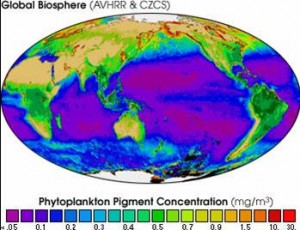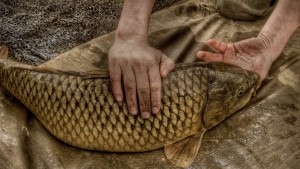 Applications for up to £1.5m (full economic cost) are invited under a highlight notice in AHRC’s standard and early career research grants routes. The highlight notice addresses the ‘Environmental Change and Sustainability’ area within the Care for the Future theme and is open until 30th October 2012.
Applications for up to £1.5m (full economic cost) are invited under a highlight notice in AHRC’s standard and early career research grants routes. The highlight notice addresses the ‘Environmental Change and Sustainability’ area within the Care for the Future theme and is open until 30th October 2012.
Aims and Scope of the Highlight Notice
The aim of the highlight notice is to encourage collaborative arts and humanities-led research which explores the potential of a temporally inflected lens to provide new insights on the challenges of environmental change and sustainability.
For the purposes of the highlight notice, ‘environmental change’ is defined broadly and includes climate change, environmental hazards, agriculture and food security, water, landscape and natural resources. The issues may be at any environmental scale and be focused geographically anywhere in the globe. ‘Sustainability’ is also defined broadly but with particular reference to inter-generational relationships, and the broader ways in which the past, the present and the future inter-relate, in respect to issues of environmental change. There is no limit to how far back in time (or how far forward in the future) the temporal horizon may reach, but proposals must demonstrate a significant temporal dimension which extends beyond contemporary or near contemporary themes.
More information on the call can be found on the AHRC website and in the call document.
















 TANGERINE project has lift off with BPC Indian Community!
TANGERINE project has lift off with BPC Indian Community! Postgraduate Research Experience Survey (PRES) 2024 – Closing today
Postgraduate Research Experience Survey (PRES) 2024 – Closing today THE INNOVATION COMMON ROOM: Going Old School
THE INNOVATION COMMON ROOM: Going Old School Apply for up to £1,000 to deliver an event and take part in a national festival of public engagement with research
Apply for up to £1,000 to deliver an event and take part in a national festival of public engagement with research MSCA Postdoctoral Fellowships 2024
MSCA Postdoctoral Fellowships 2024 Horizon Europe News – December 2023
Horizon Europe News – December 2023